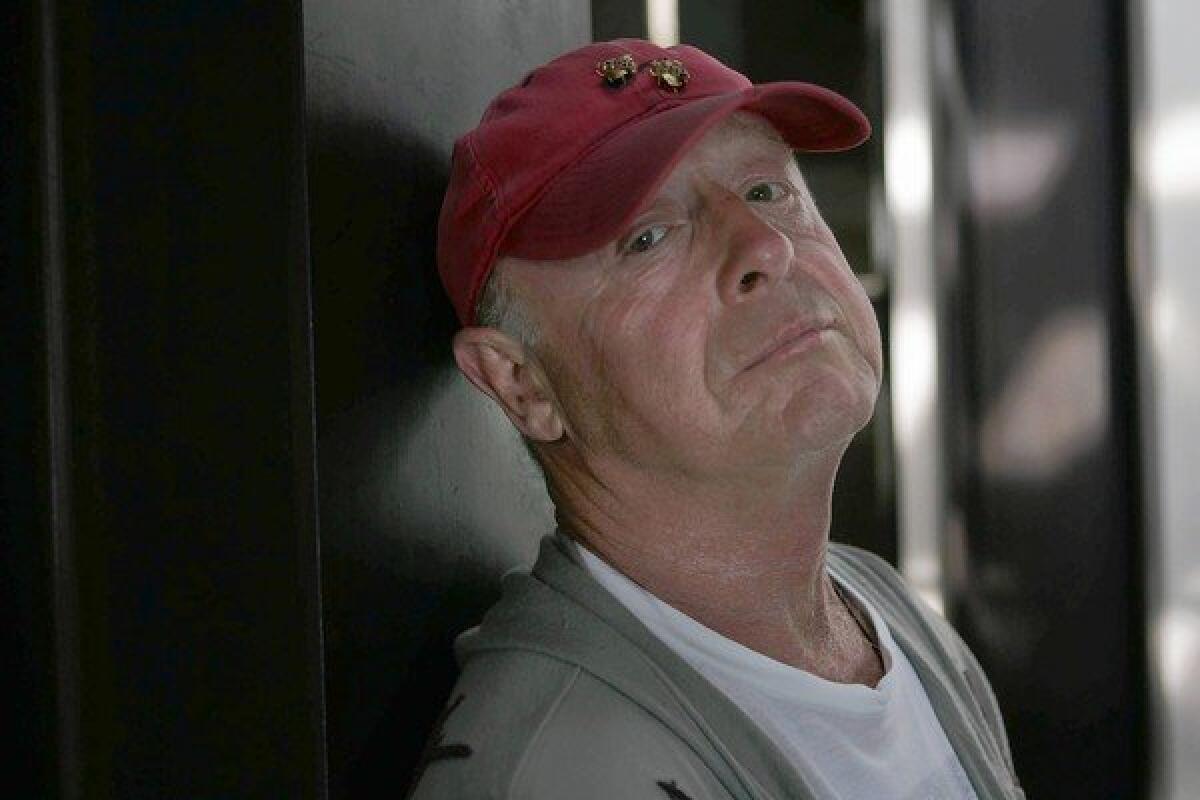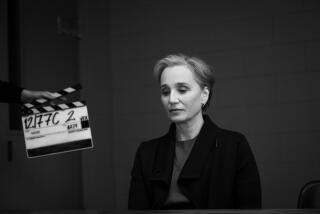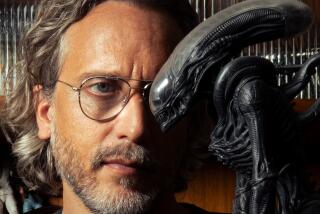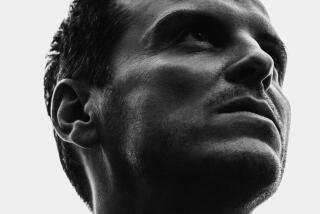Tony Scott, Hollywood’s shooter extraordinaire

In the to-the-point argot of Hollywood, director Tony Scott was known as a shooter, a term of respect that cut two different ways.
In one sense, “shooter” referred to the eye for images Tony shared with his brother Ridley, an eye that first came to industry notice in 1983’s “The Hunger,” an outré designer vampire film starring Catherine Deneuve, David Bowie and Susan Sarandon. But a talent for visuals was not all Tony Scott had.
Shooter also referred to the director’s gift for making things move on screen, for shooting action like there was no tomorrow. Scott, 68, who apparently took his life Sunday afternoon by jumping off the Vincent Thomas Bridge in San Pedro, demonstrated what was almost a small boy’s excitement at filling the screen with movement, whether it was darting helicopters, careening jets or trains with minds of their own.
PHOTOS: Director Tony Scott dead at 68
Like his brother, six years his elder, Tony had begun his career by working in commercials. By the time he got to features, no one took more pleasure than he did in the vivid presentation of things like squad cars with squealing tires or the purposeful careening of police motorcycles — or was better at displaying it.
That ability had its most commercially successful flowering in 1986’s fast-moving “Top Gun,” a saga of hotshot flyboys that boosted the careers of Tom Cruise, Val Kilmer and Meg Ryan and even helped recruitment in both the Navy and the Air Force.
Because he valued action over words, Scott was never a critical favorite at any point in his career and his films were rarely players in major Oscar categories. Often only as good as his scripts, his best works — including “Crimson Tide,” “Enemy of the State” and “Man on Fire” — were the ones based on the best written material. Scott also benefited from his long relationship with the expert Denzel Washington, who worked with the director in six films, including his last two, the underrated “The Taking of Pelham 123” (2009) and”Unstoppable.” (2010).
PHOTOS: Celebrities react to Tony Scott’s death
Though he continued to make films that were so professionally done you couldn’t take your eyes off the screen, Scott found himself in recent years having difficulty attracting the audience his films should have had. Although both “Pelham 123” and “Unstoppable” were among the most satisfying films of Scott’s career, the box office for both was considerably less than they merited.
It almost felt as if the adult moviegoers who were the natural audience for this kind of entertainment had been so burned by other directors’ lesser efforts they couldn’t be persuaded these films were the real thing. So they stayed away, which was a terrible shame.
I never met Tony Scott, who had as much if not more of a career as a producer, but one afternoon a few years ago at the elegant West Hollywood offices of Scott Free, the enviably successful production company he ran with brother Ridley, I felt like I had.
I was at Scott Free to do a career interview with Ridley for the DGA Quarterly, and I waited for him in a conference room filled with photos of the brothers, including what I remember as an entire wall of shots of Tony, brandishing an ever-present cigar and looking like he was one of those people who got as much enjoyment out of life as was humanly possible.
Once the interview began, some of the most heartfelt sections dealt with how intertwined the careers of the two men were, right from Ridley Scott’s earliest directing effort, a 16-mm short film “Boy on Bicycle” made in 1962 with a wind-up Bolex camera on loan from Britain’s Royal College of Art, where he was a student.
“In the summer holidays I went back home,” Ridley remembered, “and I fundamentally ruined my brother Tony’s holiday by hauling him out of bed at 5 or 6 o’clock in the morning and saying, ‘Come on, I’ve got the car, let’s get going.’ He played the boy on the bicycle.
“It was a self-taught process, I learned with my brother. In those days we’d be standing there smoking Woodbines. I was bitten by the bug of saying ‘Right, Tony, shut up complaining, ready, ready, action! Next time, go stand back over there. Shut up. OK. By the way, go and get lunch while I think about what I’m going to do.’ So I’d give him money to go and get sandwiches. That’s what it was.”
So began a collaborative relationship that was still going half a century later, a close alliance between brothers that now, sadly, is no more.
More to Read
Only good movies
Get the Indie Focus newsletter, Mark Olsen's weekly guide to the world of cinema.
You may occasionally receive promotional content from the Los Angeles Times.











